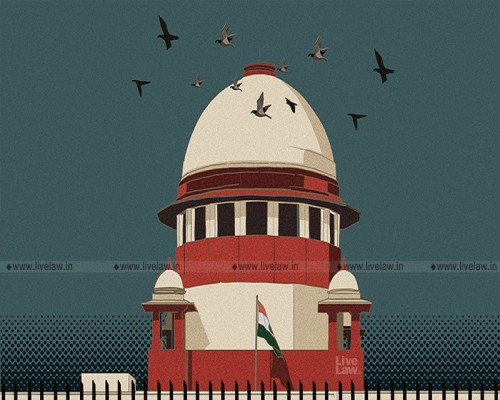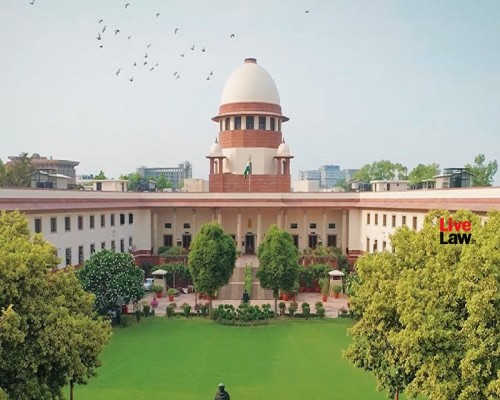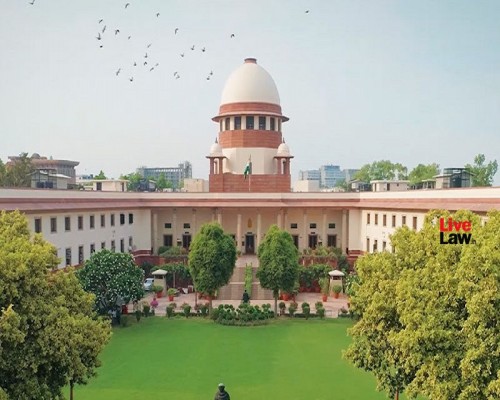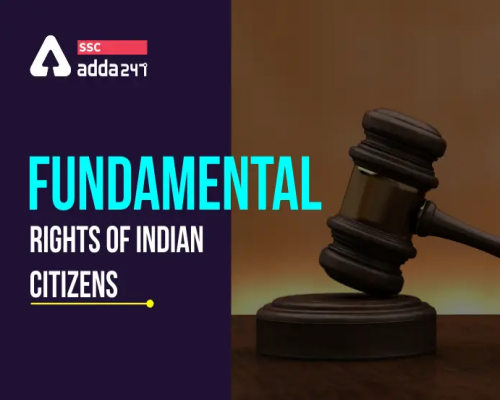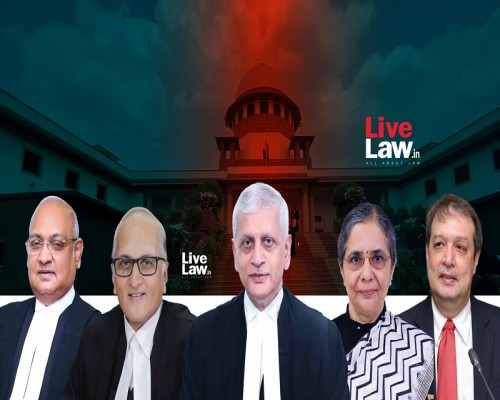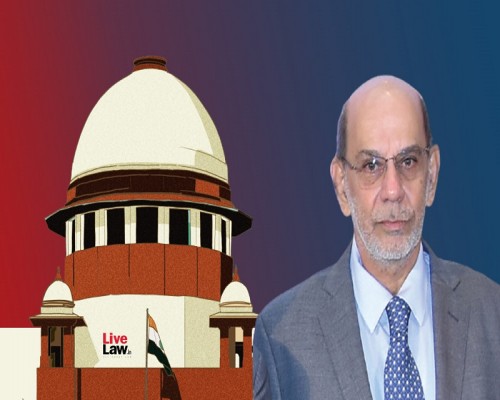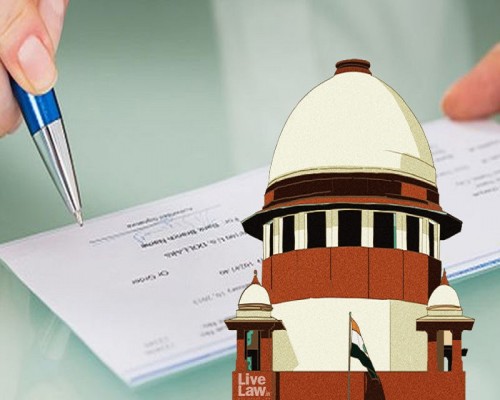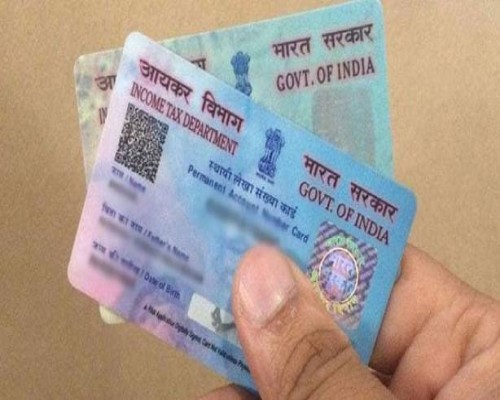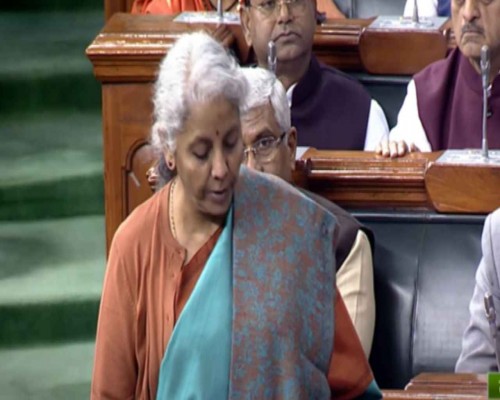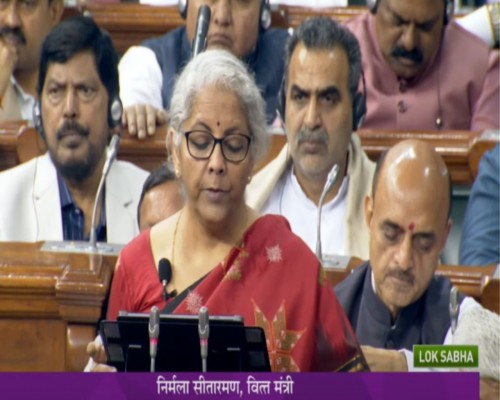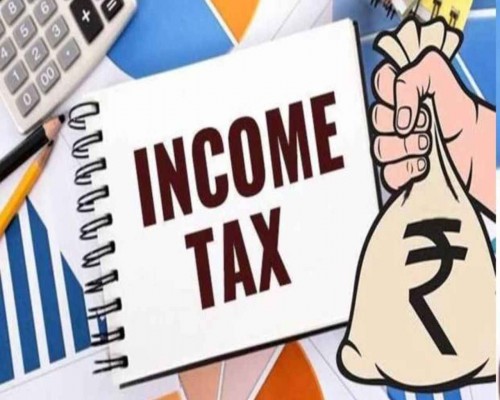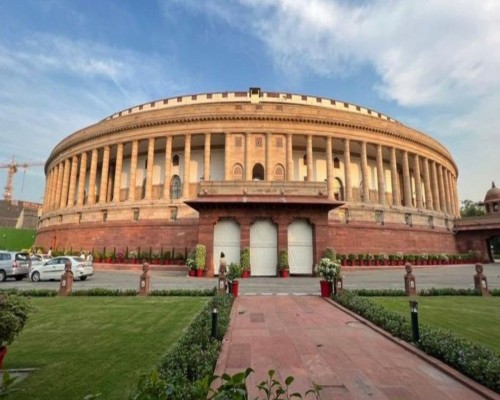Centre convenes meet with all states to hasten labour codes roll-out
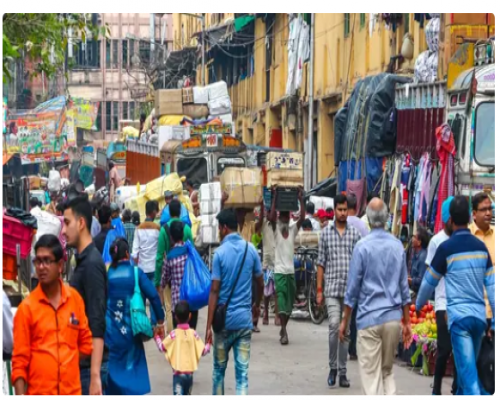
Jan 30, 2025 07:30 AM IST
Labour minister Mansukh Mandaviya met counterparts to finalize draft rules for four labour codes by March 31, aiming to boost employment and simplify regulations.
Union labour minister Mansukh Mandaviya met his counterparts from all 36 states and federally-administered territories at a two-day conference beginning January 29 to “exchange notes and review” the final set of steps in the framing of draft rules to roll out the four labour codes, along with other reforms to boost employment, an official said on Wednesday.
The ministry, in a release, said all states are slated to complete the draft rules by March 31. This will pave the way for a roll-out of the codes in the early part of the next financial year, which HT had reported on January 21
Significantly, West Bengal has committed to framing the draft rules, which had been pending for long.
The consultations, also attended by labour minister of state, Shobha Karandlaje, and labour secretary Sumita Dawra, will also focus on a set of proposed reforms, other than the labour codes, to increase employment to absorb the country’s ever-expanding working-age population. These include measures to enhance ease of doing business and simplifying a welter of regulatory compliance norms, according to the agenda of the key meet.
The four labour codes passed by Parliament in 2019-20 seek to usher in investment-friendly legislation and social security frameworks for newer forms of employment, such as gig workers, in Asia’s third-largest economy, long hobbled by complex labour laws. They are considered the most important to so-called second generation reforms required to boost Indian industry’s competitiveness, and provide a boost to the economy.
Delays in pre-publishing the draft rules, which are subordinate legislation, by states and widely varying state-level regulations have held back implementation of the labour codes.
The Centre has held six regional conferences in recent months in various state capitals to “handhold” states in “harmonising” the state-level rules needed to operationalise the labour codes, so that these are in conformity to one another.
“In a diverse country like India, some variations may be inevitable, but the rules should largely be uniform to be effective,” the official said.
The four codes are the Occupational Safety, Health and Working Conditions (OSH) Code, 2020; the Code on Social Security, 2020; the Industrial Relations Code, 2020; and the Code on Wages, 2019. They were enacted by amalgamating 29 central laws.
Under the Constitution, labour figures on the concurrent list, which means states also have a say in matters related to labour-market regulations.
Nagaland, the only remaining state other than West Bengal that is yet to frame the rules or subordinate legislation, has told the Centre that it would finish finalising its draft rules very soon.
The codes provide for new hiring and firing rules by raising the threshold number of workers employed by a factory for terminating jobs without the government’s permission. Labour unions have opposed some of these changes.
The codes also stipulate a mandatory national minimum wage and social-security benefits for informal workers, among other changes. Separately, the government is in the process of finalisation of a social security framework for the country’s estimated 10 million gig workers.




